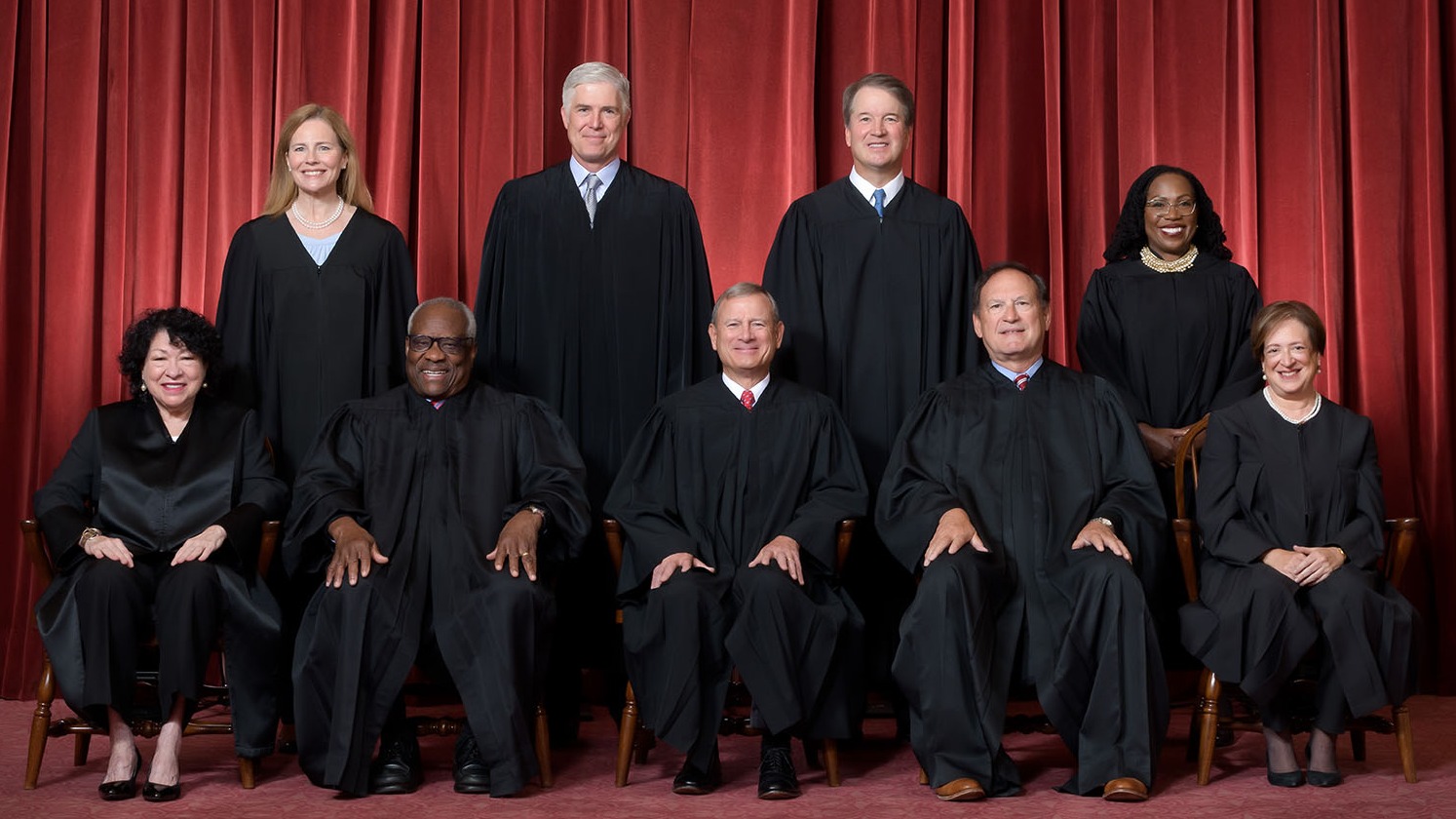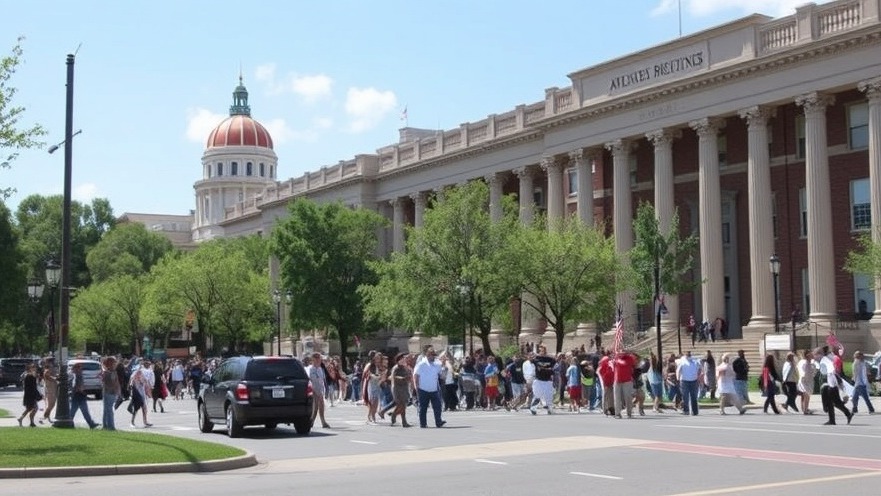
Supreme Court Ruling Reshapes Judicial Authority
In a landmark ruling, the U.S. Supreme Court has taken a significant step by limiting the power of lower court judges to issue nationwide injunctions. This decision, deemed unprecedented, reshapes the landscape of judicial authority and has ramifications for the executive branch of the government. The court clarified that only parties directly involved in a case should be subject to an injunction, preventing judges from extending their decisions across the entire country.
In 'Asa Hutchinson reacts to SCOTUS ruling on birthright citizenship', the discussion dives into significant changes in judicial powers, exploring key insights that sparked deeper analysis on our end.
Implications for Birthright Citizenship
As former Arkansas Governor Asa Hutchinson discusses, this ruling could have future implications for the contentious issue of birthright citizenship in America. While some may express concerns over recent executive orders regarding citizenship status, Hutchinson advises to remain calm, highlighting that there is still time for further judicial guidance before any executive changes take effect.
A Balance of Power Between Judiciary and Executive
The ruling emphasizes a delicate balance in the power dynamics between the judiciary and the executive branch. Historically, executive orders by presidents have faced multiple nationwide injunctions from federal district courts. This decision strengthens the executive’s authority, allowing presidents more freedom to execute their policies without nationwide judicial roadblocks, regardless of party affiliation.
The Path Ahead
As Arkansas families and citizens nationwide await the rollout of new executive orders, the coming weeks will be crucial in determining how judicial responses will shape these policies. The clarity provided by this Supreme Court decision adds a layer of predictability in a tumultuous political climate, allowing everyone to prepare for potential legal battles ahead.



Write A Comment